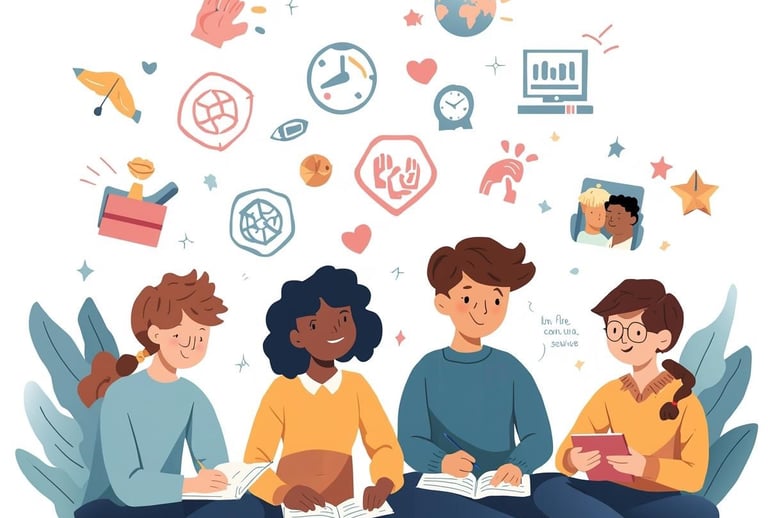What’s Missing in Modern Education Systems Around the World
Grades without goodness - Why the world needs to bring values back into learning.
Tatva Prashala
10/22/20252 min read


Across the world, classrooms are filled with children chasing marks, memorising information and preparing for exams that promise a future of success. From the United States to India, from Europe to East Asia, every nation is racing to improve academic performance, digital literacy and standardised scores. Yet, despite all the reforms and technological progress, something fundamental is missing - values.
Modern education has mastered the art of instruction but forgotten the essence of formation. It teaches children what to think, not how to live. It trains the mind but neglects the heart. Today’s student can solve complex equations, but struggles to understand empathy. They know the chemical composition of water, yet waste it without a thought. They can write essays on climate change but still throw plastic into rivers. What is the purpose of education if it fails to guide behaviour?
We have mistaken information for intelligence and performance for purpose. Parents proudly speak of their child’s grades but rarely of their kindness. Schools reward achievements in mathematics and science but stay silent on honesty, humility or gratitude. In this collective oversight, we are raising a generation that is academically brilliant but morally uncertain, children who know the price of everything but the value of nothing.
When education becomes merely a means to secure a job, it ceases to be a force for human transformation. The tragedy of our times is that we celebrate knowledge but ignore wisdom. Our systems are designed to produce professionals not principled citizens. They prepare students for competition, not cooperation. They build competence, not conscience.
Real education is not just about learning facts, it’s about awakening the inner light of understanding, compassion and responsibility. It is about living what we learn. A student who studies environmental science and still pollutes has not truly learned. A child who memorises moral lessons but mocks others has not been educated, only instructed.
We need to ask ourselves, as parents, educators, and policymakers: What is the ultimate goal of schooling? Is it to fill the mind with knowledge or to shape the soul with values? If education does not lead to transformation in thought, word and action, it has failed its most sacred purpose.
We believe that true education lives beyond the classroom. It begins when learning turns into living, when knowledge becomes wisdom and wisdom becomes character. The world does not need more toppers; it needs more thinkers, more doers and more compassionate humans.
The time has come to redefine success, not by the grades on a paper, but by the goodness in a person. Because an education without values is like a lamp without a flame.
